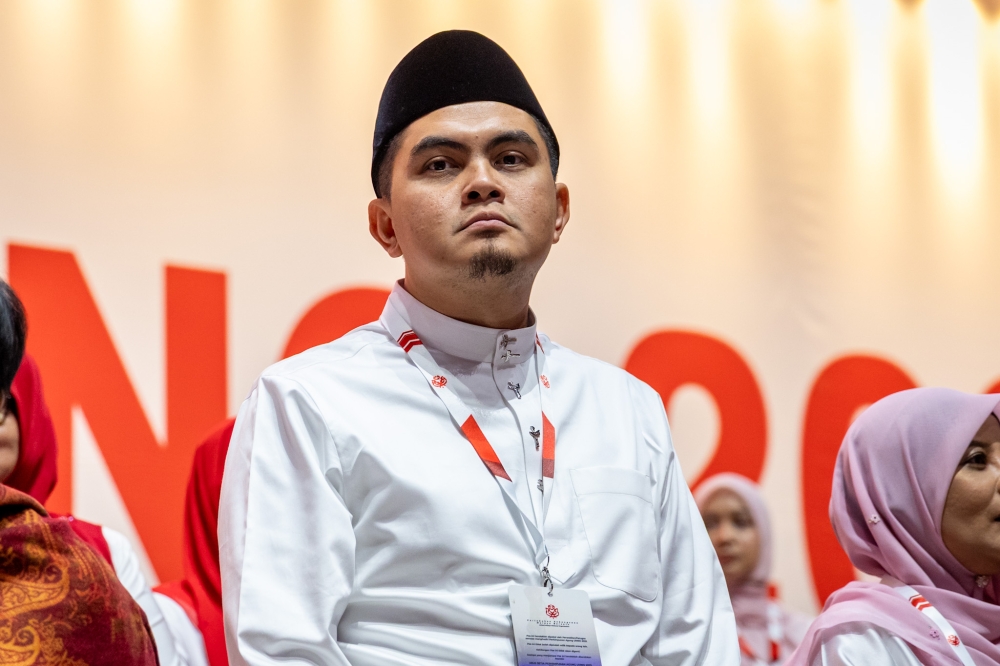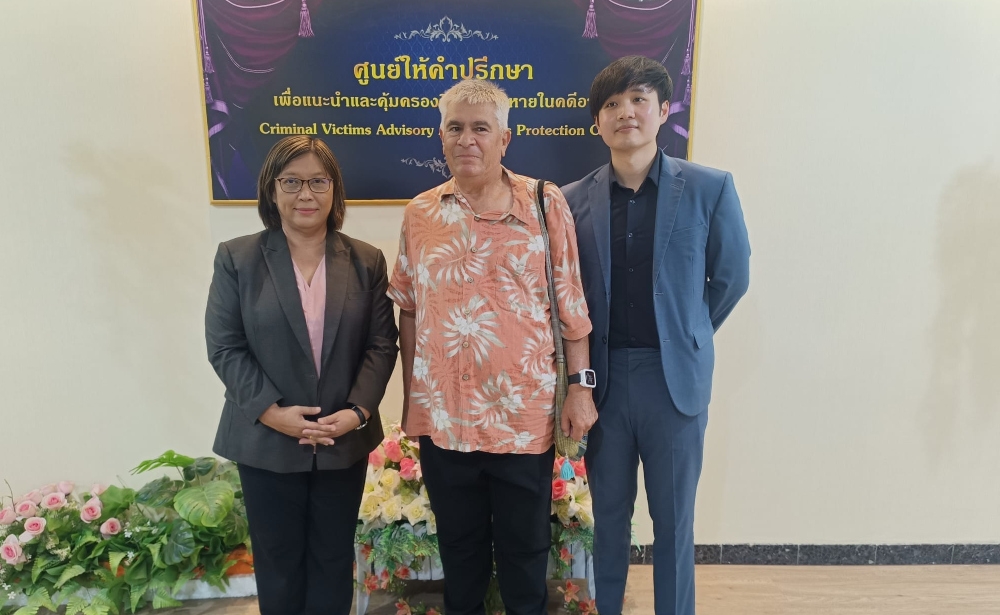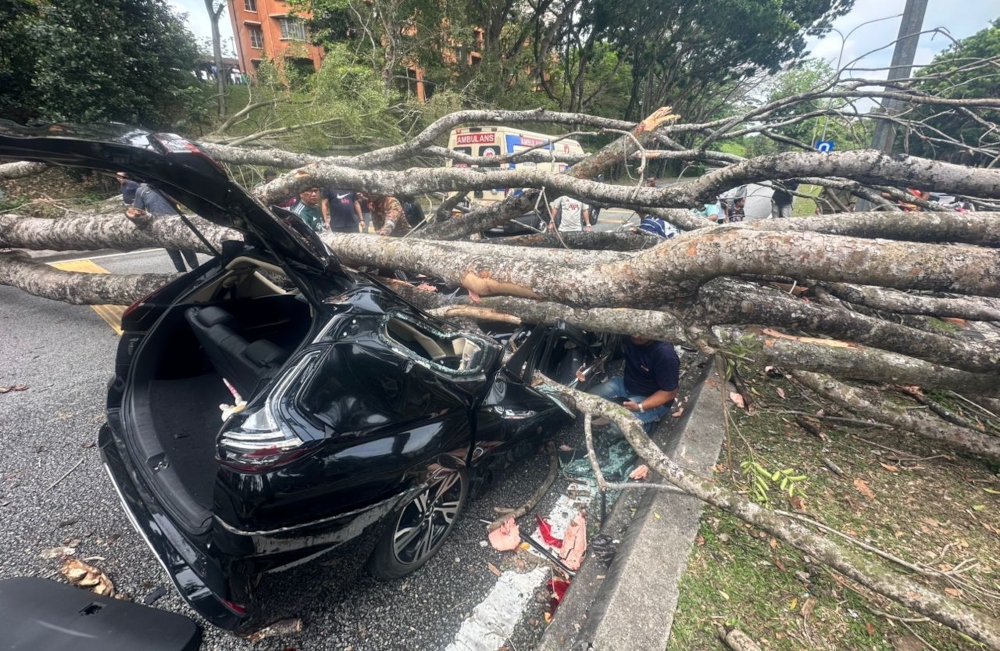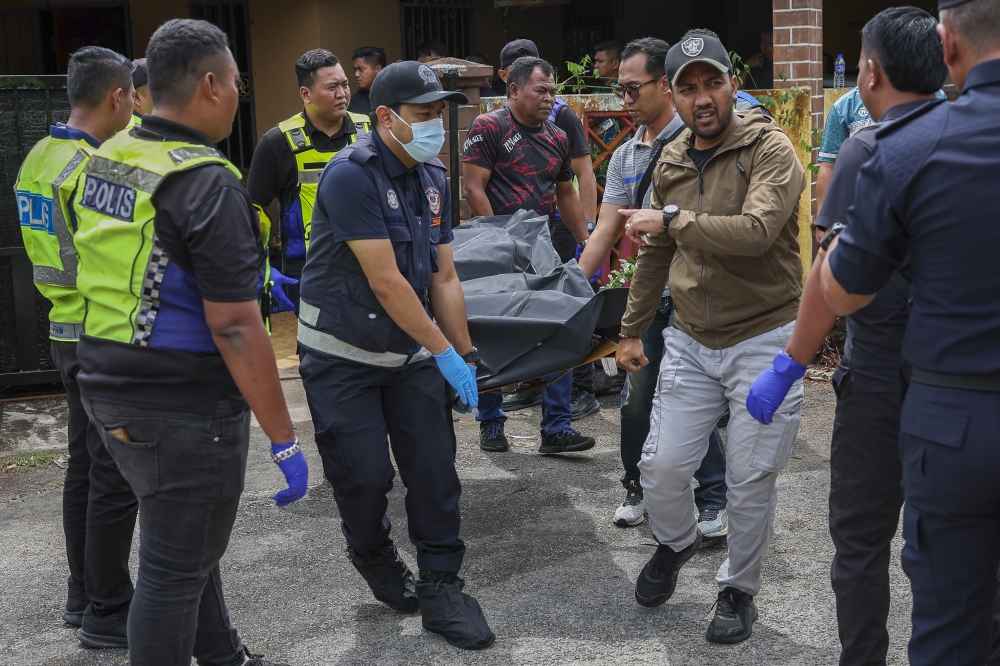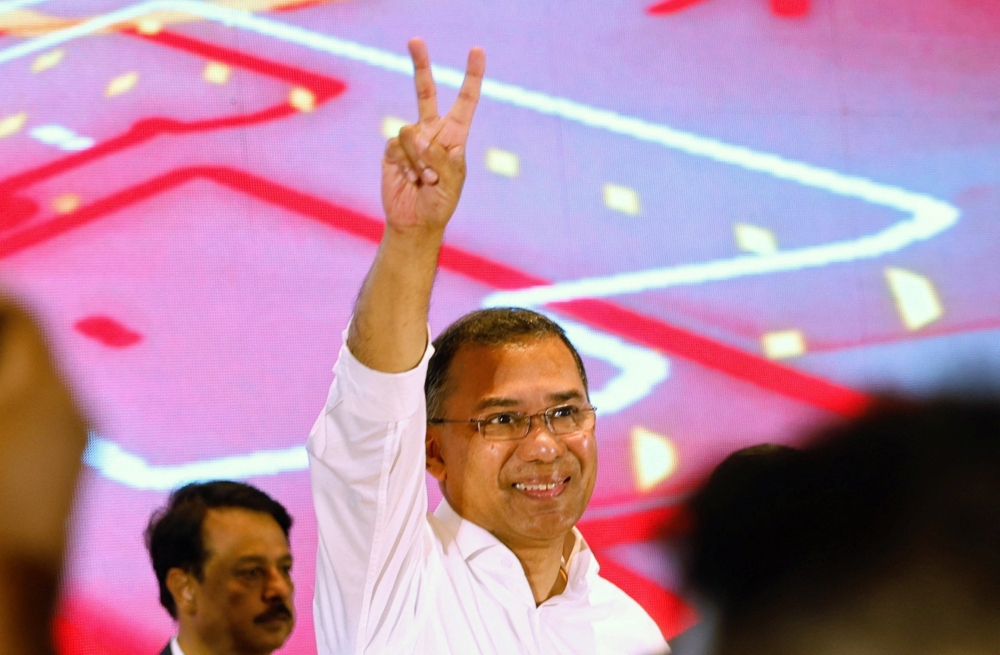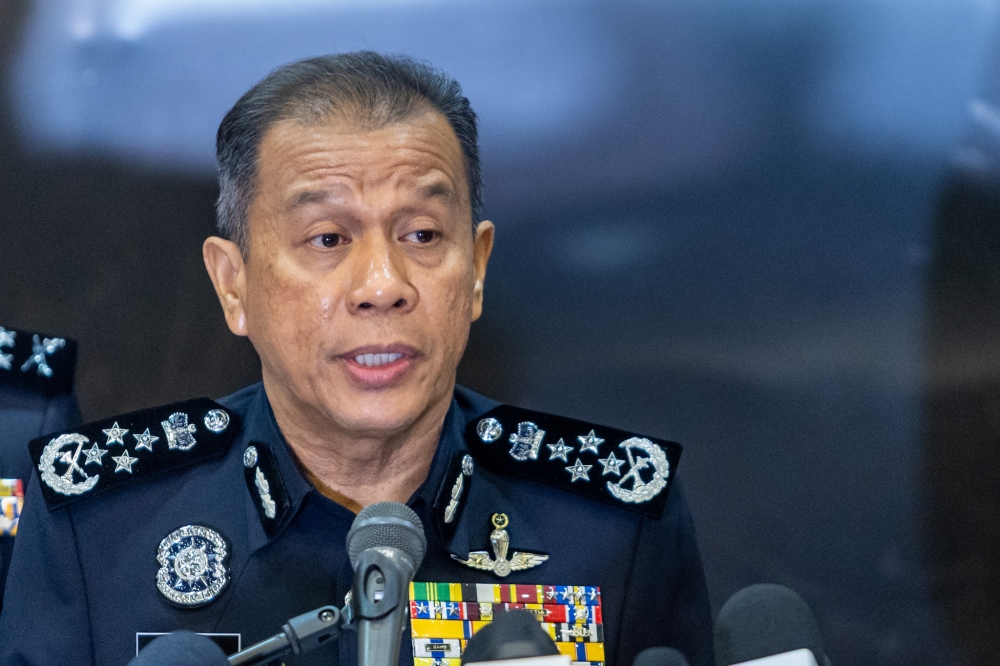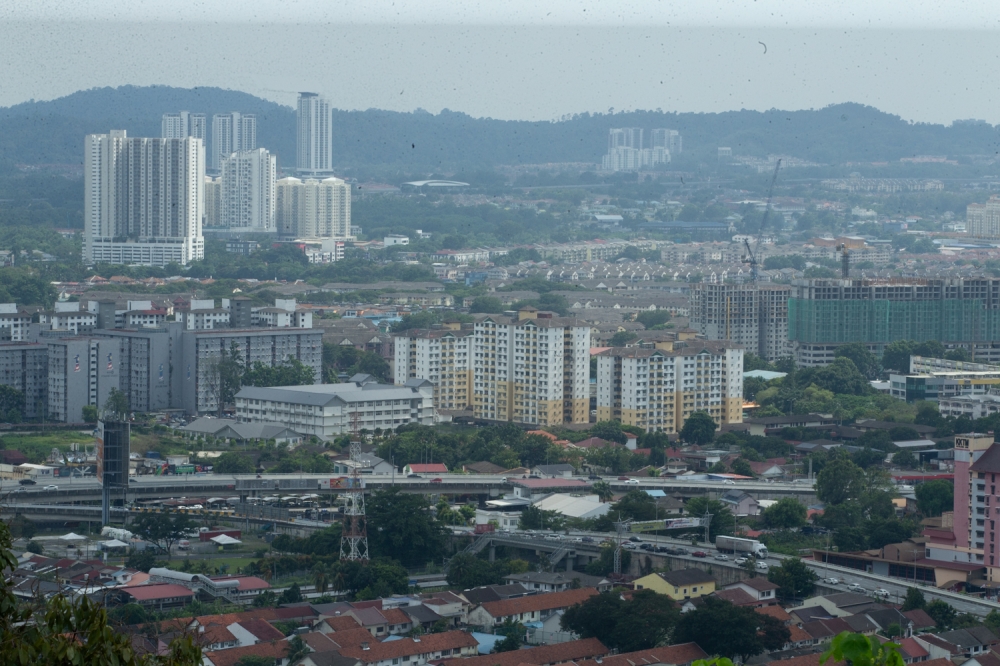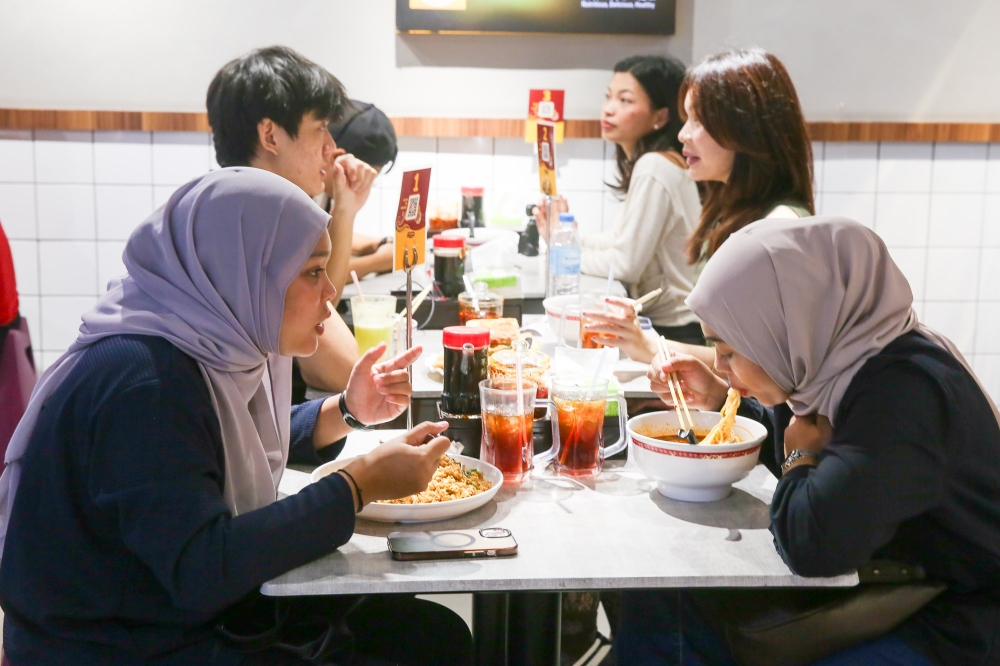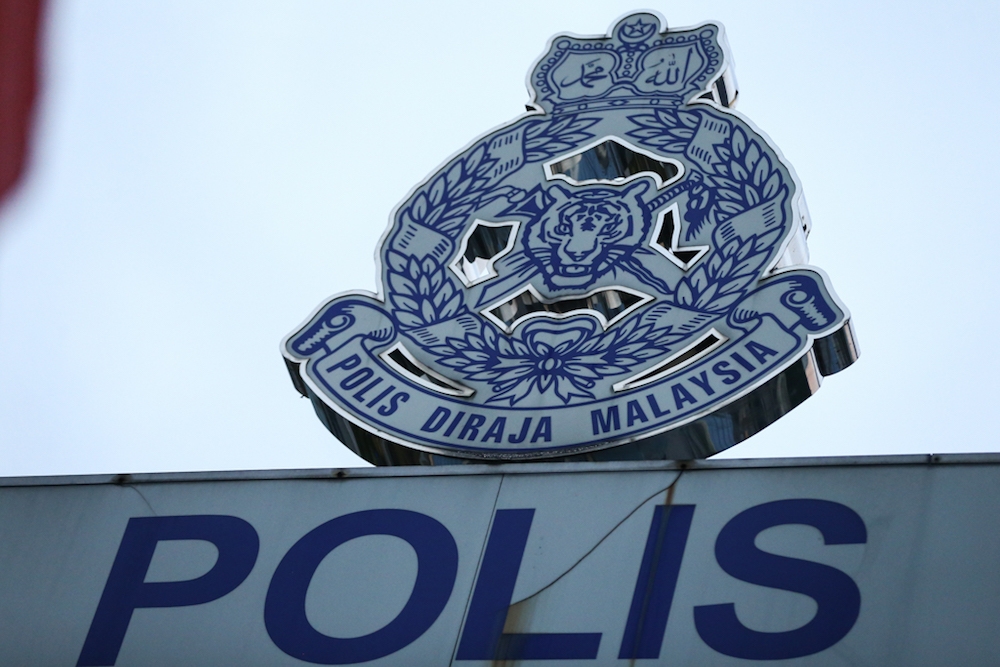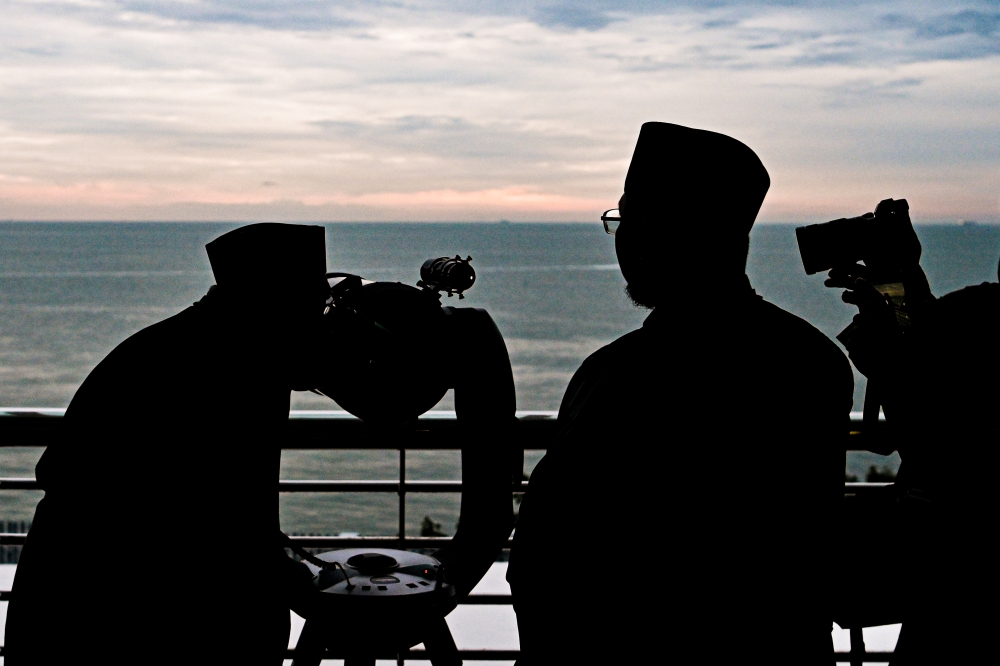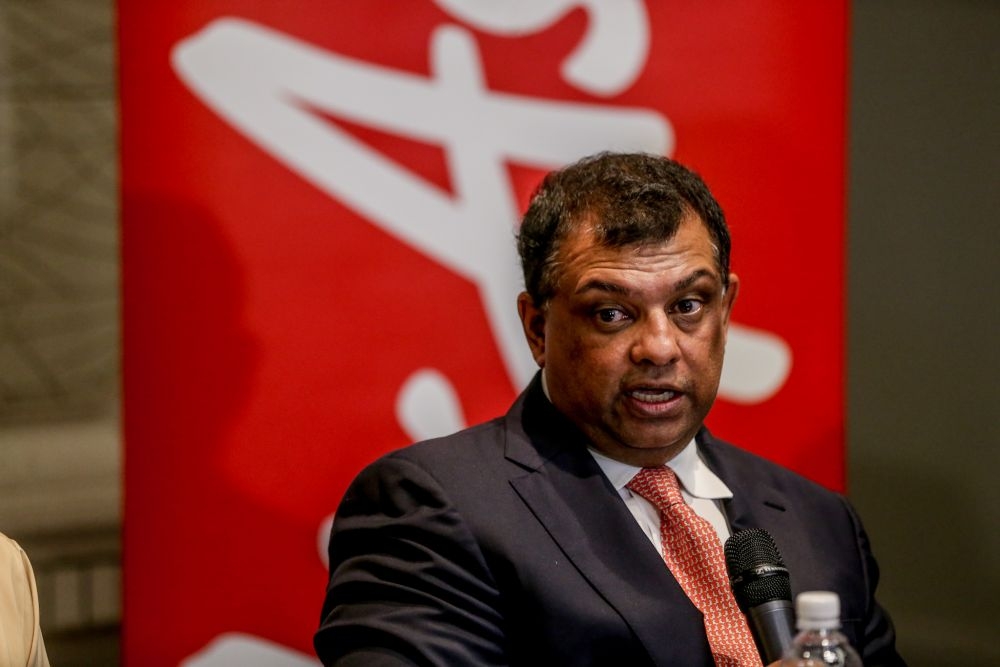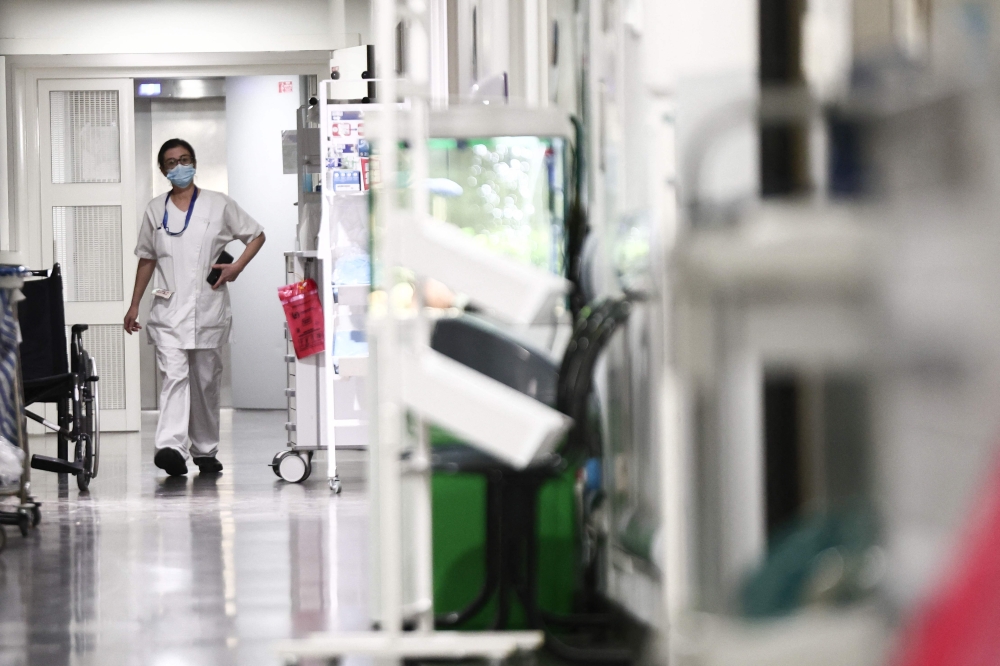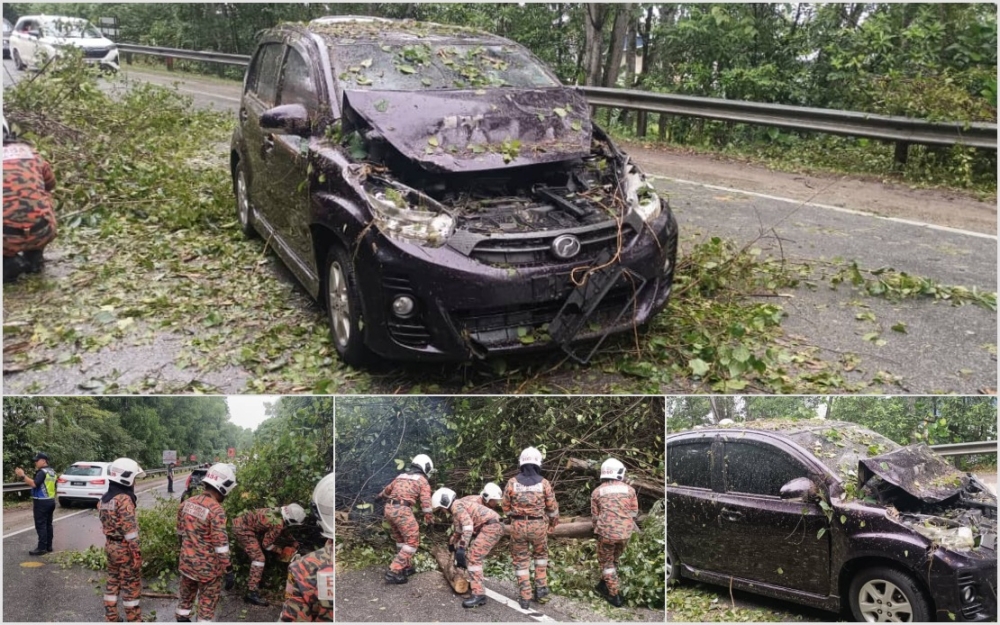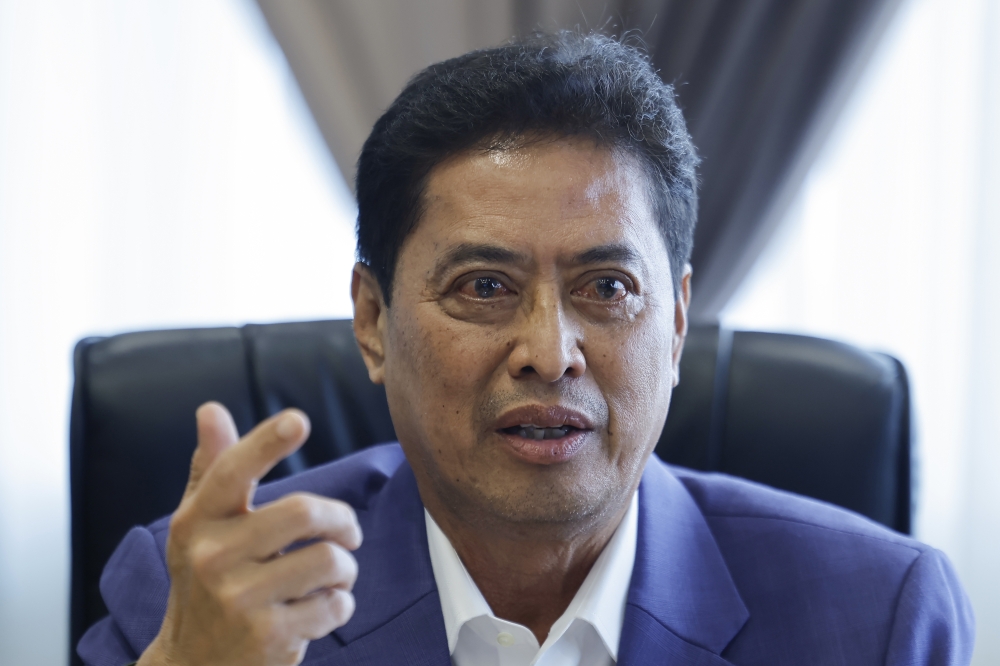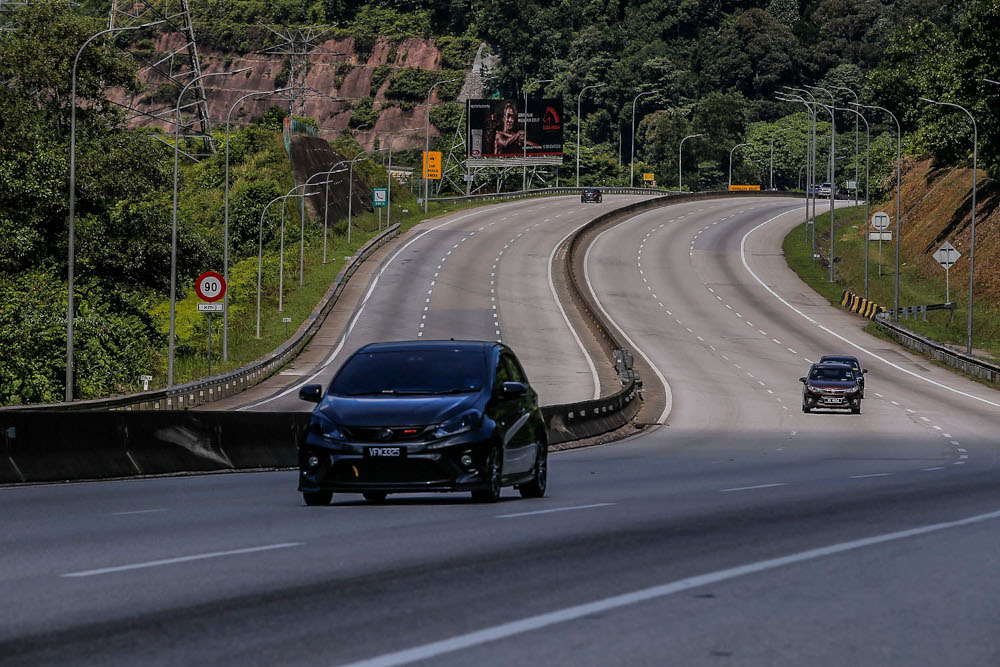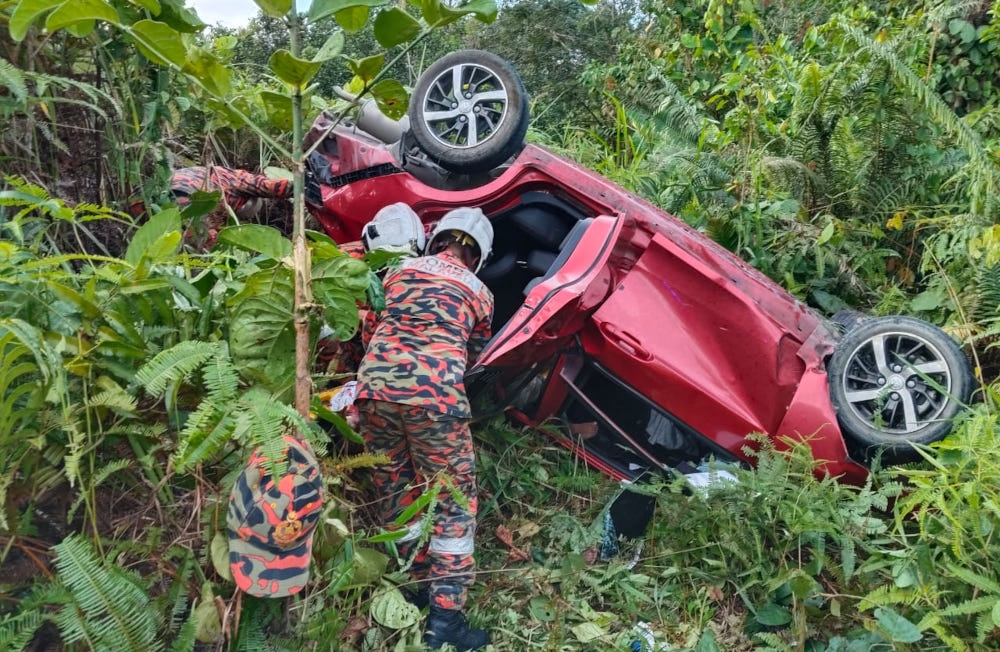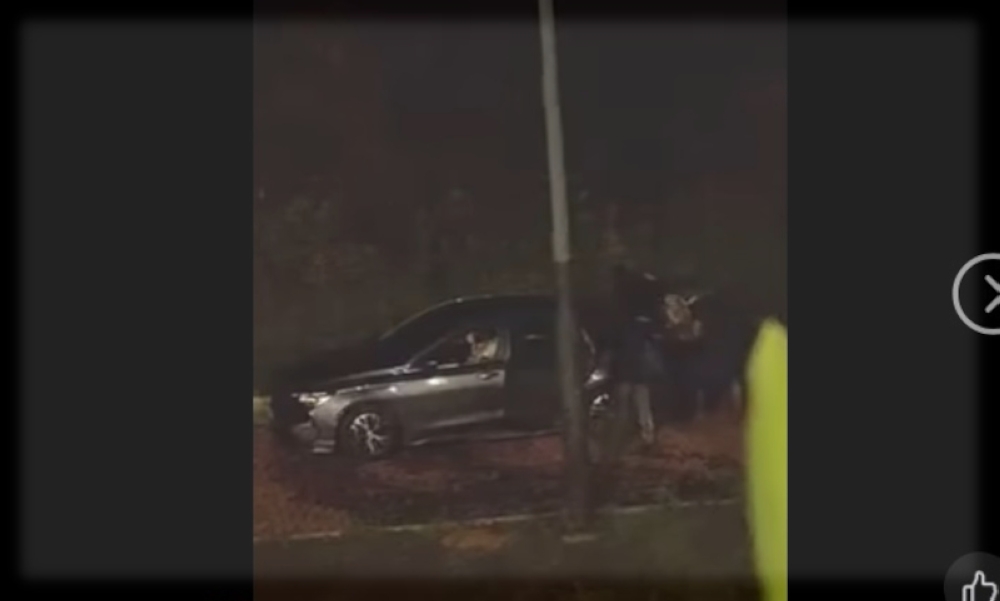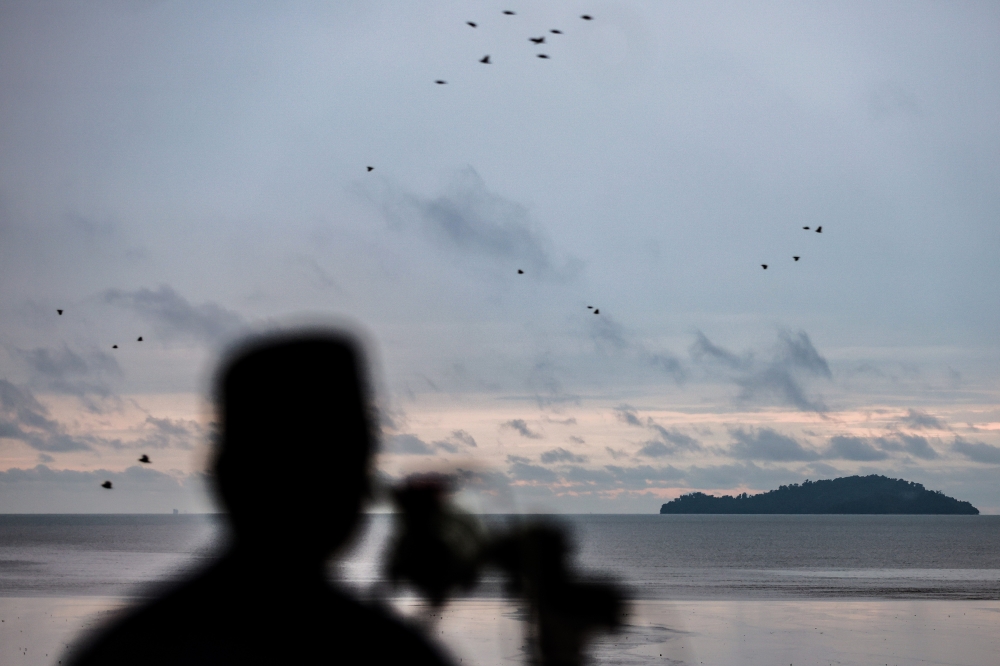KUALA LUMPUR, July 20 — Fasihah Zulkifli’s infant was born just a few months ago, but she has yet to introduce the baby to her family in Kelantan.
She is among the Kelantanese now based out of state who have been forced to skip their annual homecoming trip this Aidiladha for the second year in a row.
With strict lockdown rules aimed to slow the spread of Covid-19, including a ban on cross-border travel, Fasihah and several others interviewed by Malay Mail said sacrificing their balik kampung celebrations is hard. At the same time, doing so is part of what the Islamic festival, also known as Hari Raya Korban, is all about.
“The feeling of not being able to go back for Aidiladha is sad because this year is probably the second year that I have not been able to go back to Kelantan,” the 25-year-old mother told Malay Mail.
“Previously, every festive season my family must go back to gather with other siblings, cousins and relatives.
“So if you can't go back to the village to celebrate and gather with the others, it's not the best, it's not lively and you're bored. Because the atmosphere of the Aidiladha celebration in the village and town is very different.”
Fasihah shared her frustration that her baby has yet to meet her family face-to-face, which exacerbates their lack of physical interaction amid the lockdown.
“The longer the baby grows up for this critical time, the baby will not be able to feel the atmosphere of celebrating Aidiladha in the village like we did when we were children.
“So it's a pity the baby can't feel all that. The reason is to sit at home because of this pandemic. Sometimes I also worry about the growth and development of the baby,” she said.

Aidiladha is the second major celebration among Muslims here called Hari Raya or Eid, after Aidilfitri which was celebrated, also in a muted fashion, back in May.
The celebration honours the willingness of Prophet Ibrahim to sacrifice his son Ismail as an act of religious obedience to God, and regularly includes sacrificial slaughter of animals such as cows, goats and sheep.
Those from the peninsula east coast states of Kelantan and Terengganu usually celebrate Aidiladha, also called Hari Raya Haji, in a more festive manner than Aidilfitri — vice-versa in other parts of the country.
Prior to the pandemic, the roads back to the two states would usually get clogged a couple of days prior and after Aidiladha as many of the diaspora in the west coast, particularly in Klang Valley, head home for festivities.
Muhammad Faris Muhammad Noor, 32, explained that the rare trips home are partly the result of the less convenient road network between the coasts which crosses the mountains on the Titiwangsa Range.
“With the road network, it takes Kelantanese about eight hours to go back and they cannot just go back to their hometown during the weekends.
“Because of that, it seems that it became a tradition for the Kelantanese to go home during festive periods,” said the financial consultant originally from Kubang Kerian, who had only been back home once in February as he had work there.
But like many others from the state, Muhammad Faris said he has abstained from returning this time to respect the “sacrifice” of frontliners whom he said has been working hard.
Malaysia’s daily Covid-19 cases have stayed above the 10,000-mark for almost a week now.
“If we reflect on this, we’ll see that we just have to not go back to our hometown. But the frontliners never even get leave days.
“We can celebrate in our own homes. Compare this to the frontliners: even if they want to celebrate, they can't celebrate because of their duty,” he told Malay Mail.
Nor Najihah Abdullah, 44, a regular returnee before the pandemic, said she is staying put as she is concerned that her older relatives may be exposed to the coronavirus if Kelantan folk returned for Hari Raya.
.jpg)
“There had been Covid-19 clusters formed up due to the actions of people going back and we want to avoid it at all cost,” said the executive manager originally from Pasir Mas.
She said her family will just make do with video calls this time, just as they did last year.
“It is sad not to be able to celebrate Aidilfitri and Aidiladha with the family. For Kelantanese, not going back during the festivities is usually rare,” she said.
Kelantan’s Sultan Muhammad V has advised his subjects outside the state to refrain from returning home for Aidiladha since last week.
He reminded them that staying away would keep their families in the state safe, and does not mean that they love their family less.
Health director-general Tan Sri Dr Noor Hisham Abdullah also warned Malaysians of the surge of Covid-19 cases following two major festivals in May which included Aidilfitri — with 17,106 new cases, 105 deaths and an outbreak of 267 community clusters in early June.
Yesterday, Bukit Aman Traffic Investigation and Enforcement Department director Datuk Azisman Alias said no unusual traffic outflow has been detected leaving the capital ahead of Aidiladha.
Inspector-General of Police Datuk Seri Acryl Sani Abdullah Sani also warned against any visit or interstate for Aidiladha, saying the police will implement spot checks in residential and public areas.
Fahmi Faris Mohd Rosli, 25, said he used to enjoy seeing his family welcoming him after a long bus trip where he could take in the scenery along the way.
“Before this, I would try to go home even if it's late. Sometimes I would arrive the morning of the first day of Eid. Sometimes even on the second day.
“I have even quit my job because my boss refused to approve my off days to celebrate. Anything that I can do to set foot in Kelantan,” said the 25-year-old assistant producer.
He said thinking about his loved ones wiping their tears due to the absence of some family members is upsetting. But like the rest, he believes there is a greater sacrifice to be made.
“The ones waiting for me in Kelantan are very understanding and they’re willing to wait a little longer as long as we are all safe.
“It's normal for parents and the elders who are not used to us not being home for Eid. They must feel awkward because of our absence there to celebrate together,” he said.

